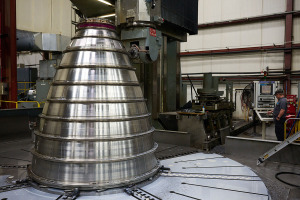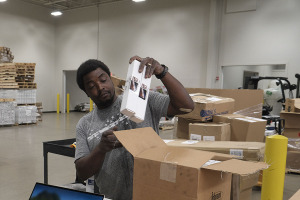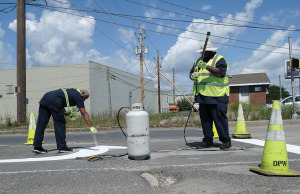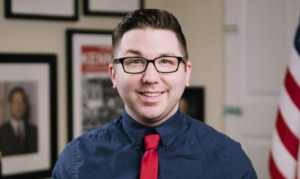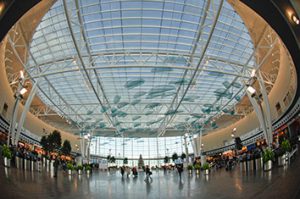EPA delays new ozone pollution standards until after 2024 election
The decision over air quality standards for ground-level ozone—better known as smog—was made despite a recommendation by a scientific advisory panel to lower air pollution limits to protect public health.



